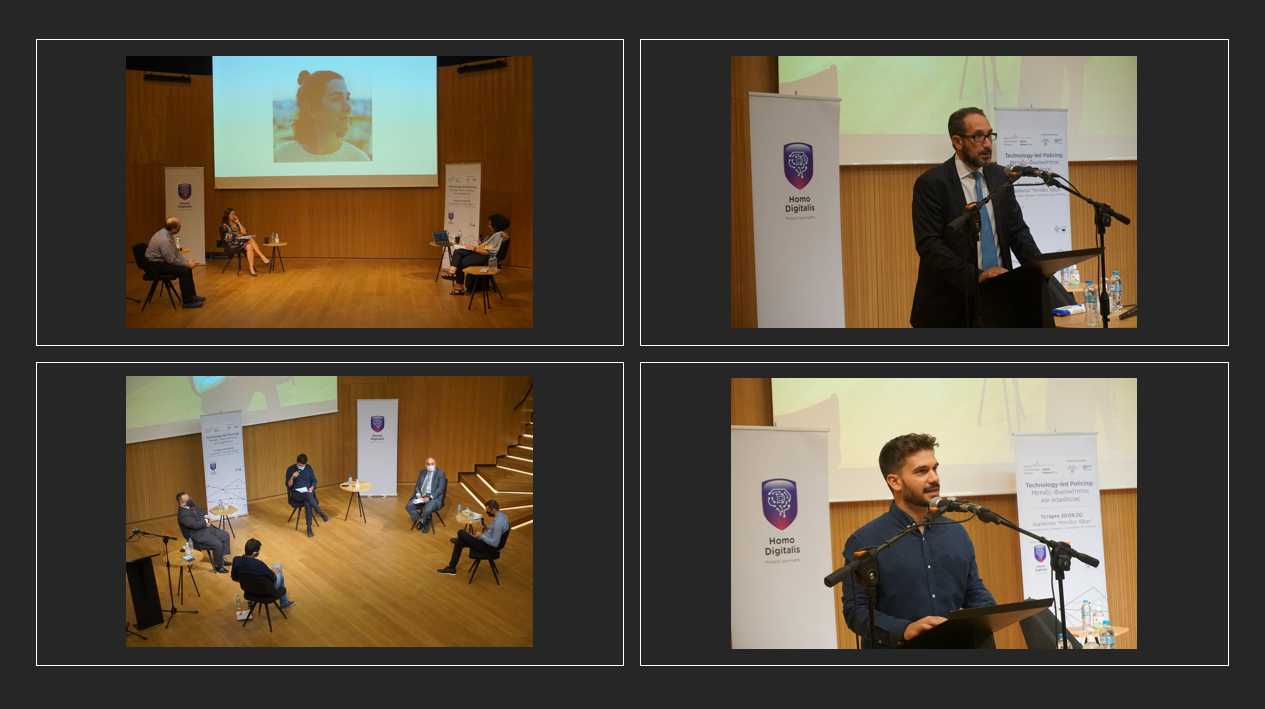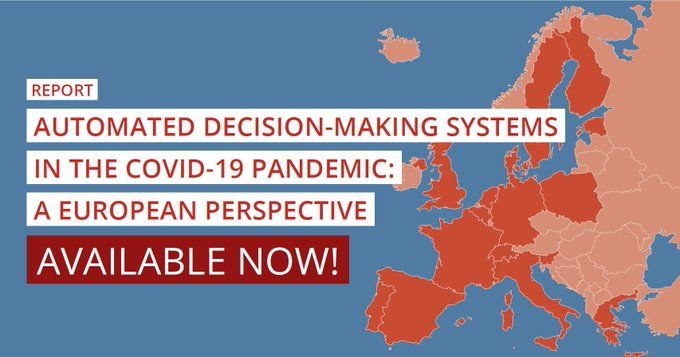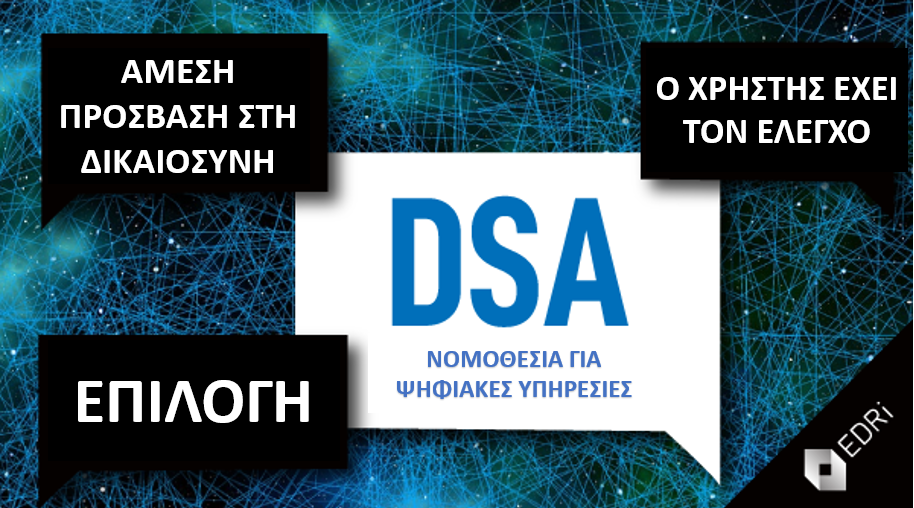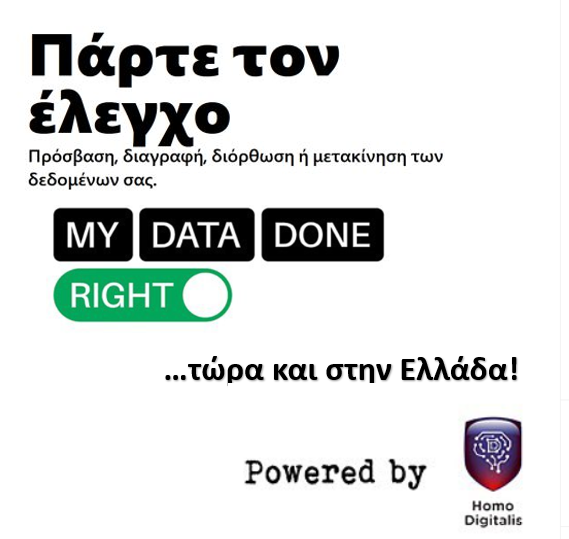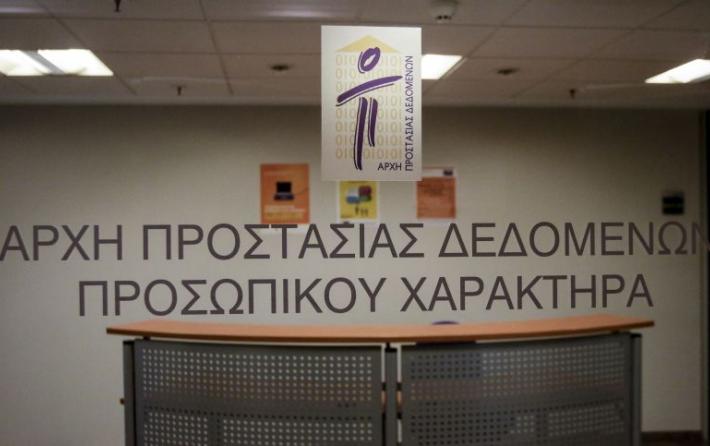"Technology-led Policing: Between Privacy & Security" was a big success
The event “Technology-led Policing: Between Privacy & Security”, organized by Homo Digitalis, was concluded. The main message of the event was the need for the better protection of human rights while the police authorities use new technologies. The event took place on Wednesday 30 September at Technopolis, City of Athens. Unfortunately, the audience could not attend the event with physical presence, due to coronavirus restrictions. However, the event was publicly available through live stream on YouTube.
The event was part of the Digital Ri.Se (Digital Rights & Security) project, which is being funded by the Active Citizens Fund of EEA Grants.
Prominent speakers exchanged views on the use of new technologies by the Greek Police and the legal framework in place, regarding the processing of personal data and the metadata retention.
The event focused at informing the public for the current situation and the challenges arising from it. Furthermore, the event’s aim was to enforce communication and cooperation between all stakeholders.
The event was a big success, since:
- Firstly, all the subject matter stakeholders spoke all together for the first time since 2014. The emerging need for a new legal framework was their main conclusion, if police authorities intend to use new technologies in the fight against crime. New technologies may be used only in a way, which respects human rights and freedoms. It must be noted that even though the Greek Police was not present at the event, it showed great interest for its conclusions and showed great enthusiasm for this Homo Digitalis initiative. Representatives of the Ministry of Digital Governance, the Data Protection Authority, the Authority for Communication Privacy and Security, members of the judiciary, academics, civil society representatives from Greece and the EU and journalists took part in the discussion. They all showed great enthusiasm for the level of discussion and wait for it to be continued, with a view to drafting a firm legal framework.
- Secondly, more than 750 citizens watched the event on live stream. The event is now available to watch on YouTube, with the interest on it constantly increasing.
The conclusions of the event shall also be available soon.
As Homo Digitalis, we state that this event marks only the beginning of our efforts to protect human rights, while the Greek Police successfully combats crime. in the digital era.
We warmly thank Active Citizens Fund and EEA and Norway Grants, as well as the Bodossaki Foundation and Solidarity Now. Without them, Digital Ri.Se. could not have been organized.

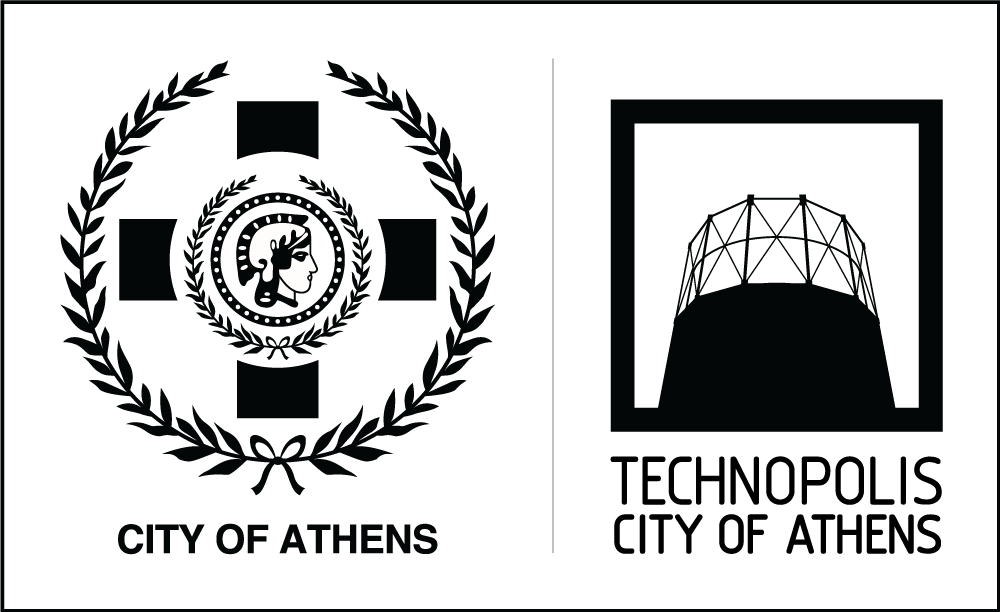
Homo Digitalis participates in the first CAHAI PDG meeting
The first Ad Hoc Committee on Artificial Intelligence (CAHAI) Policy Development Group (PDG) meeting took place online on 21 and 22 September.
Homo Digitalis is a CAHAI observer-member and PDG member. Our organization actively participates in discussions and the drafting of the final report, which will be presented at the end of 2020 to the Committee. Mr. Eleftherios Chelioudakis, co-founder and Secretary of the Board of Directors of our organization, represents Homo Digitalis at the PDG.
Ηοmo Digitalis takes part in the drafting of chapters 3,7 and 8 of the report.
Chapter 3 examines the challenges and opportunities for human rights arising from AI applications. You may read our proposal for Chapter 3 here.
Chapter 7 underlines the main features of an AI legal framework. You may read our proposal for Chapter 7 here.
Chapter 8 makes recommendations for the legislative framework, which will be endorsed by the Council of Europe. You may read our proposal for Chapter 8 here.
You may check out more on the report being drafted and the other members of these PDG meetings here.
The next PDG meeting will take place on 15-16 October.
AlgorithmWatch report on automated decision-making technologies for COVID-19 is here
In the beginning of September, AlgorithmWatch published its new report on the use of automated decision-making technologies in the fight against COVID-19. The report covers 16 European countries.
Homo Digitalis co-founder, Eleftherios Chelioudakis, contributed to the report, covering the situation in Greece.
The report is available here.
A new AlgorithmWatch report entitled “Automating Society II”, which will also cover Greece will soon be made available. Stay tuned!
Participation of Homo Digitalis in the proposals of the European Partnership for Democracy
The joint proposals of 29 organizations focusing on improving transparency in the field of AdTech were published on September 8th. This action was organized on the initiative of the European Partnership for Democracy.
You can find the proposals here.
Homo Digitalis in the DSA public consultation
Following its input to the European Commission in June, Homo Digitalis filed extra proposals in the DSA public consultation
Our organization is very active in the field, since the new legislation will mark important developments in contemporary digital services.
You may read our answers to the Commission’s questionnaire here. You may also read our extra comments here.
European Digital Rights (EDRi) also filed its comments to the European Commission. Homo Digitalis endorsed these comments. EDRi’s input is available here.
Comments by Homo Digitalis to the Council of Europe for the use of facial recognition technology
On Friday September 4th, Homo Digitalis submitted its written proposals to the Data Protection Committee of the Council of Europe concerning the draft Guidelines it had issued in early June regarding the use of facial recognition technologies.
With its written proposals Homo Digitalis focuses on 3 different topics, namely the relevant databases, impact assessment, and the principles of necessity and proportionality. Also, by submitting our proposals, we explicitly support the views and ideas submitted by the partner organizations Access Now and European Digital Rights (EDRi).
You can read the suggestions we have submitted here.
We remind you that our organization is one out of 10 civil society organizations to have an observer position in the Ad Hoc Committee on Artificial Intelligence of the Council of Europe (CAHAI)
Homo Digitalis brings "My Data Done Right" to Greece
Since September, 1 the platform “My Data Done Right” is available for use in Greece.
The platform intends to help users exercise easily and rapidly their rights under the GDPR.
The platform helps users to exercise the right to access, rectification, erasure and data portability. Homo Digitalis has added more than 150 Greek-based organizations in the platform, enabling Greek users to contact them and exercise their rights. The said organizations include banks, air companies, political parties, clothing companies, supermarkets and many more.
Homo Digitalis is proud to have collaborated with Bits of Freedom, which started the platform in the Netherlands in 2018, in order to bring it to Greece. Apart from the Netherlands and Greece, My Data Done Right is available in Austria, Belgium, Germany, UK, Spain, Italy, Portugal, Romania, Sweden and Serbia.
We warmly thank the members of the Homo Digitalis team, namely Stergios Konstantinou, Konstantinos Kakavoulis, Eleftherios Chelioudakis, Christianna Andreou, Antigoni Logotheti, Dimitris Ntosas, Marina Zacharopoulou and Theodora Firingou.
You may use the platform here.
The Greek DPA investigates the Greek Police
On August, 31 the Greek Data Protection Authority informed Homo Digitalis that it requested information by the Greek Police regarding its contract for smart policing software. Homo Digitalis had filed a requested to the DPA on March 2020.
The DPA calls the Police to inform it regarding the contract signed with INTRACOM TELECOM. More precisely, it requests the Police to provide for a legal basis for the intended processing, as well as the data retention period, information provided to data subjects, etc.
Moreover, the DPA calls the Police to inform it if it has made a Data Protection Impact Assessment on the consequences of the use of such a software on citizens’ rights. The DPA underlines that a DPIA must be conducted not only prior to the operation of such a software, but also prior to its supply, in order to ensure that privacy-by design standards are met.
Comments to the Greek Draft Telecommunications Code
Homo Digitalis and Sarantaporo.gr jointly filed comments to the Draft Greek Telecommunications Code. The Code was open for public consultation by the Ministry of Digital Governance.
The two civil society organizations suggested amendments with a view to create a favourable framework for the development and operation of Wireless Community Networks in Greece.
The two organizations also addressed the Minister of Digital Governance with a letter, congratulating him for the great work, which has been done for the Draft Code. They also underlined that the suggested amendments by the two organizations may provide for an additional solution for internet connectivity in remote areas in Greece. Notably, the suggested amendments are based in the EU Directive being implemented.
The suggested solution is in line with the views of the United Nations and the European Commission.
Our letter is available in Greek here.
